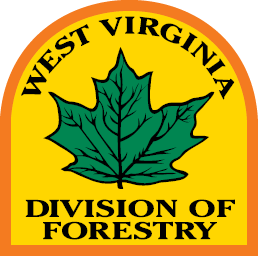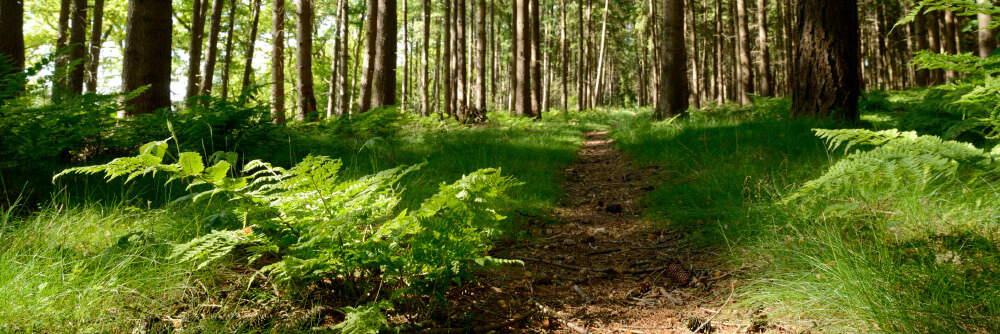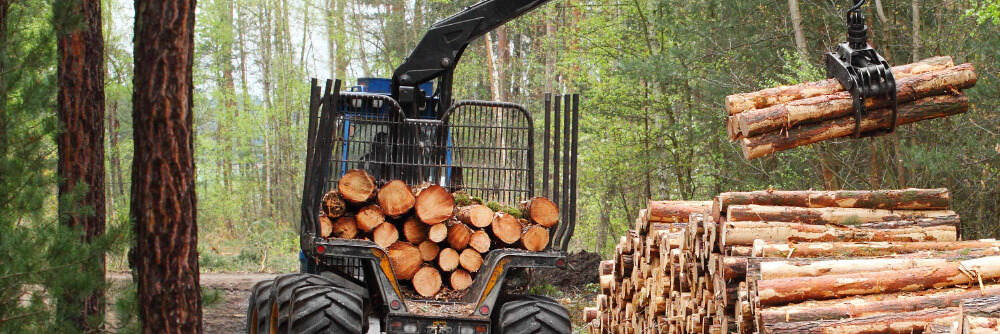Practice Sustainable Forestry
A sustainable forest resource is invaluable not only to the forestry industry, but to the citizens of West Virginia. The Managed Timberland Program was created to promote the practice of sustainable forestry. This program provides significant tax incentives for forest landowners who practice sustainable forestry on their nonindustrial, privately owned forestland, increasing the amount and quality of the resource.
In addition to increased income, this creates a diverse environment, including wildlife habitat and overall use and appreciation of the land. Proper management encourages more industry-related business, further strengthening the economy with increased jobs and monetary stimulation.
How to File for Managed Timberland
The initial contract for Managed Timberland Property Valuation is due before July 1 of any year. This contract is good until cancelled in writing by the landowner. However, when property is withdrawn from the Managed Timberland Incentive Program, a new contract must be filed before the property can be reinstated.
A separate contract must be filed for each ownership in each county. In case of multiple owners, either all owners involved must submit notarized signatures or one may sign for all if provided a Power of Attorney, a copy of which must accompany the contract. A professional forester may apply on behalf of client(s), but must provide a contract signed by the owner(s).
The annual application for Certification as Managed Timberland must be submitted to the Division of Forestry between March 1 and September 1 of each year to remain in the Managed Timberland Tax Incentive Program.
A separate Application for Certification must be filed for each ownership in each county. The Application for Certification can be filed by the owner or professional forester managing the land.
Requirements
- A minimum of ten contiguous wooded acres
- A prepared forest management plan
- No harvesting activities shall occur until a management plan is in place
- All landowners must be in agreement to the management plan
Management Plan
The contract must state that the land is being used in a planned timberland management
program and is devoted primarily to forest use. In compliance with the Law, the owner may:
(1) File a notarized document that the land is being protected and managed. (Demonstration of the plan must be made available upon request.)
OR
(2) Submit a plan prepared by a professional forester and show intention to follow that plan.
Most private timberland owners can receive up to 75 percent cost sharing assistance for plans, and in some cases a free plan. Information on cost sharing and management plans can be obtained from the West Virginia Division of Forestry.
If a plan does not exist when the contract is filed, it is anticipated that a plan can be developed by the end of the second year after filing the contract. Until a plan has been prepared, harvesting activities cannot be conducted. This guarantees that regeneration is planned and that the harvest is carried out in a way that will support regeneration.
Once land is placed under a Managed Timberland Contract, all management activities must be as specified in the plan. This ensures that the land will produce continuous crops of timber on a perpetual basis. Using the forest management plan will maximize the productivity of the forest for the owner.
If the County Assessor or the Tax Commissioner has cause to believe that a plan is not being followed, a request is made to the Division of Forestry for an inspection to determine if the land qualifies for the program and the plan is being followed. ?Falsification of certification or failure to follow a professionally prepared plan will result in loss of valuation as managed timberland.












